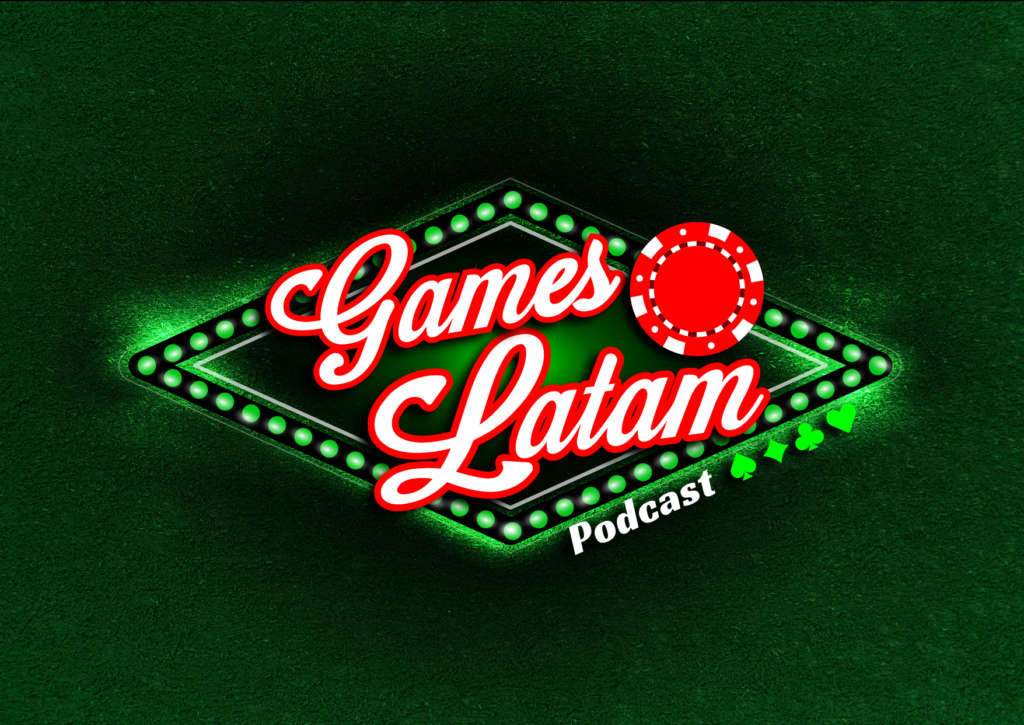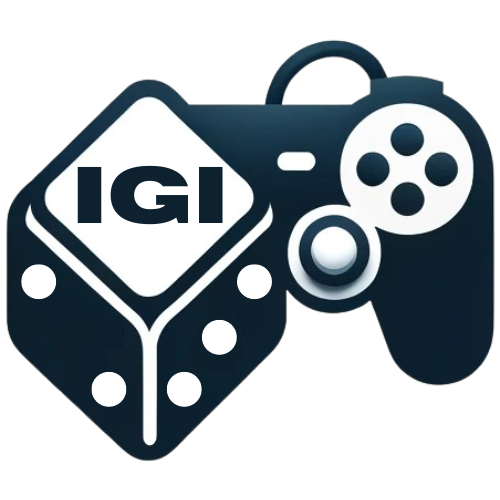Imagine a Caribbean gaming hub emerging from scandal, ready for transformation with bold new laws.
That’s Curaçao’s reality. Its National Ordinance for Games of Chance (LOK) just passed, accompanied by direct Dutch cooperation.
Envision a revitalized sector, anchored in compliance, shielding investors and players while eradicating shady operators.
Read on to discover how Curaçao unites with the Dutch to enforce LOK reforms and restore trust.
Curaçao’s Ambitious Overhaul: Dutch Cooperation Secures LOK’s Future in a New Gaming Era
3 Key Points
- Curaçao’s LOK bill aims to regulate an industry rocked by a licensing scandal and Dutch demands.
- Officials plan close cooperation between the new Curaçao Gaming Authority (CGA) and the Dutch KSA.
- The government organizes semi-annual consultations, ensuring compliance and alignment with international standards.
Curaçao is forging ahead with sweeping gambling reforms by implementing the National Ordinance for Games of Chance (LOK). This recent step follows a productive meeting between finance minister Javier Silvania and Dutch representatives, David van Weel and Zsolt Szabó. The government’s objective is to build a transparent and compliant gaming sector on the island, fully integrating insights from the Netherlands.
LOK was approved by 13 legislators to 6. It comes at a time when Curaçao’s efforts to overhaul its gambling industry have intensified. A licensing scandal rattled the island after the finance ministry issued new gambling licences before the LOK’s final passage. The new law itself is the product of external pressures. Specifically, the Dutch government tied Covid relief to multiple reforms, one of which demanded a thorough cleanup of Curaçao’s gambling sector.
Minister Silvania highlighted the significance of the new legislation. He sees it as a cornerstone for building a well-regulated market that eliminates questionable operations. During the meeting, all parties agreed on frequent communications to monitor LOK’s progress. They also plan semi-annual consultations to review developments and propose adjustments. Additionally, important stakeholders—like the Public Ministry and the Financial Intelligence Unit Curaçao—will join information meetings to keep the initiative on track.
Curaçao’s newly formed Curaçao Gaming Authority (CGA) will oversee the licensing and compliance processes. It aims to ensure that operators satisfy regulations on anti-money laundering, responsible gambling, and fair play. The CGA’s tasks are formidable, as it must unify all aspects of oversight and keep unscrupulous actors at bay. According to Silvania, these steps align with the Dutch parliament’s recent motion calling for closer cooperation with Curaçao. The Dutch side, represented by van Weel and Szabó, pledged continued support, especially in areas like technology sharing and best practices.
The impetus for these reforms owes much to allegations raised by Luigi Faneyte, an opposition politician and forensic financial investigator. He filed multiple complaints with the Public Prosecutor’s Office regarding the finance ministry’s alleged irregularities. The resulting scandal prompted Curaçao’s parliament to expedite debate on the LOK bill. Now, with the law in place, it stands as a symbol of transparency and accountability. Observers believe such a robust framework will restore confidence among international investors and the local public.
Crucially, the LOK sets the stage for a controlled licensing environment, thus narrowing opportunities for illegal operators. Under the new rules, gambling companies must adhere to rigorous standards on data security and consumer protection. The CGA intends to collaborate with the Dutch Kansspelautoriteit (KSA), gleaning from their experiences with licensing and regulatory enforcement. By exchanging knowledge, the two agencies can effectively guard against cross-border violations. This synergy also benefits operators, who can rely on consistent guidelines across jurisdictions.
In the bigger picture, Curaçao’s reforms resonate with global trends. Many countries are refining gambling laws to attract legitimate operators and stifle black-market activities. As a result, Curaçao’s move to formalize the LOK signals its readiness to compete and comply on the international stage. Although challenges remain—like bridging outdated systems or managing legacy licences—the new law lays a strong foundation for sustainable growth. Additionally, frequent reviews ensure that the regulatory environment remains agile, responding to emerging technologies and gambling products.
With the LOK in effect, Curaçao ushers in a new era of gambling regulation. The synergy between local authorities and Dutch representatives ensures thorough oversight and accountability. By creating the Curaçao Gaming Authority, orchestrating semi-annual consultations, and involving vital stakeholders, Curaçao underscores its commitment to fairness and responsibility. As the island cleans up its licensing mess, the LOK stands poised to cultivate a dynamic and trustworthy gaming environment, reinforcing Curaçao’s place in the global gambling landscape.
The post Curaçao Advances LOK Implementation and Dutch Collaboration appeared first on Gamingo News.
Imagine a Caribbean gaming hub emerging from scandal, ready for transformation with bold new laws. That’s Curaçao’s reality. Its National Ordinance for Games of Chance (LOK) just passed, accompanied by direct Dutch cooperation. Envision a revitalized sector, anchored in compliance, shielding investors and players while eradicating shady operators. Read on to discover how Curaçao unites
The post Curaçao Advances LOK Implementation and Dutch Collaboration appeared first on Gamingo News.
Participe da IGI Expo 2026: https://igi-expo.com/










